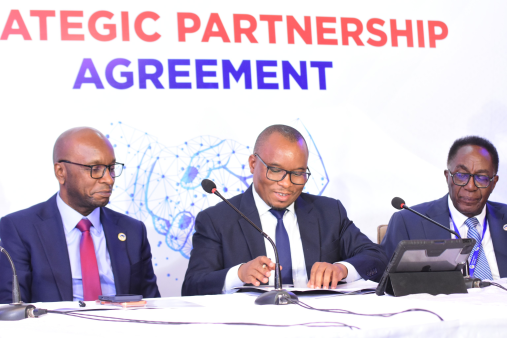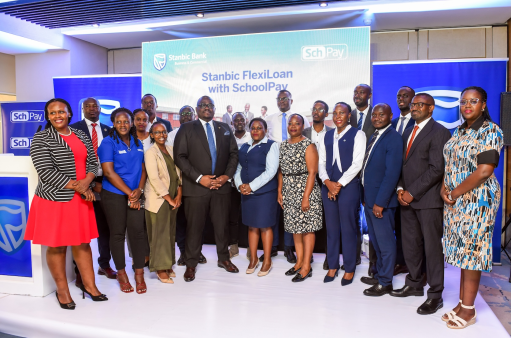The Deputy Executive at National Planning Authority Charles Olweny Ojok has urged technology entrepreneurs and organisations to embrace the shared digital economy to enhance efficiency and competitiveness as well as create enhanced customer experiences.
“Using shared digital platforms will make it easier for end-users to access products and services, resulting in reduced operational costs, and improved sales for entrepreneurs and service providers. The shared platforms will make it easier to reach last-mile users in the rural communities – who for long have been digitally excluded”, said Mr Olweny.
He was speaking at the just-ended Digital Economy Showcase, held at the Kampala Serena Hotel.
The showcase event is part of the Digital Economy Program that Innovation Village is implementing in partnership with the Mastercard Foundation. The Program aims to enhance access to essential services, products, markets, funding, and employment for 4.3 million people, especially those living in hard-to-reach areas across Uganda.
Ojok highlighted that the Digital Economy Program aligns with the Government of Uganda’s commitment to creating a digitally driven economy and realising universal goals of inclusion, sustainable development, economic progress, and poverty eradication through digital transformation. “Pushing the digitalisation agenda is crucial to attaining economic recovery, creating job opportunities for young people, and realising Vision 2040,” she added.
Starting with the Agriculture sector in 2022, the Digital Economy Program has made considerable progress by studying the needs of 370 Farmer Producer Organisations with 650,000 farmers, of which 250,000 are young, understanding which value chains they play in and the attendant challenges they face, providing a basis on which to support innovators creating market-driven technology-enabled solutions. The study report highlighted that most farmer organisations needed more digital tools and skills and faced challenges accessing reliable markets, financial services, and inputs, among others.
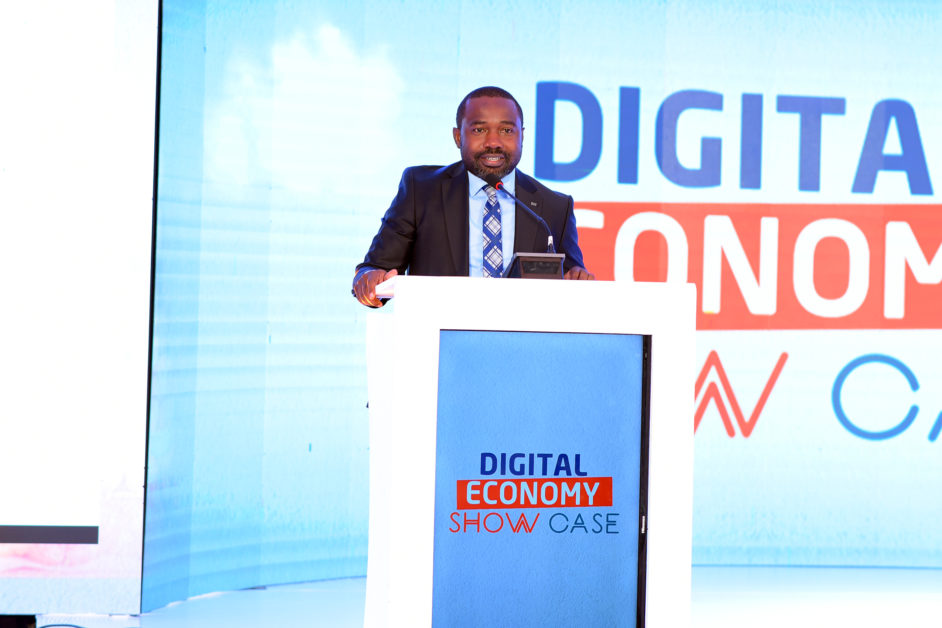
Based on these findings, together with partners like the Uganda National Farmers Federation, the Digital Economy Program has designed interventions for the farmers, including training in marketing, financial literacy, business planning, and record keeping. The Program will also build the skills of entrepreneurs to design and implement solutions that bring multiple service providers together to offer affordable seamless technology-enabled services to youth, women, smallholder farmers, small business owners, and more.
Through the Program, Innovation Village has partnered with Technology providers such as Hamwe East Africa and Channel Partners like the Association of Microfinance Institutions of Uganda and the Grain Council of Uganda to design and implement these interventions and to support innovators in building and scaling appropriate solutions.
The Digital Economy Program will also leverage Community Pass – a technology platform that connects individuals to a full range of service providers through a unified infrastructure shared across service delivery providers.
Through the program, innovators building solutions with Community Pass access to a Developer Sandbox environment to ease integration and prototyping of solutions, access to Point of Interaction devices, cards and other equipment to test offline-first solutions, technical support to design and refine solutions, get support developing, refining and implementing Product and Go To Market Strategy, access to a network of Early Adopters to shorten Time To Market, and a partner network through which to reach more digitally excluded users faster, among others.
Altogether, the Digital Economy Program supports those building and scaling technology-enabled solutions in Agriculture, Education, or in support of Micro, Small and Medium Enterprise resilience to do so more efficiently, sustainably and at scale, faster. The program supports solution providers with building, testing and refining high-impact sustainable solutions, finding more efficient and cost-effective ways to serve end users, and taking solutions to market more effectively.
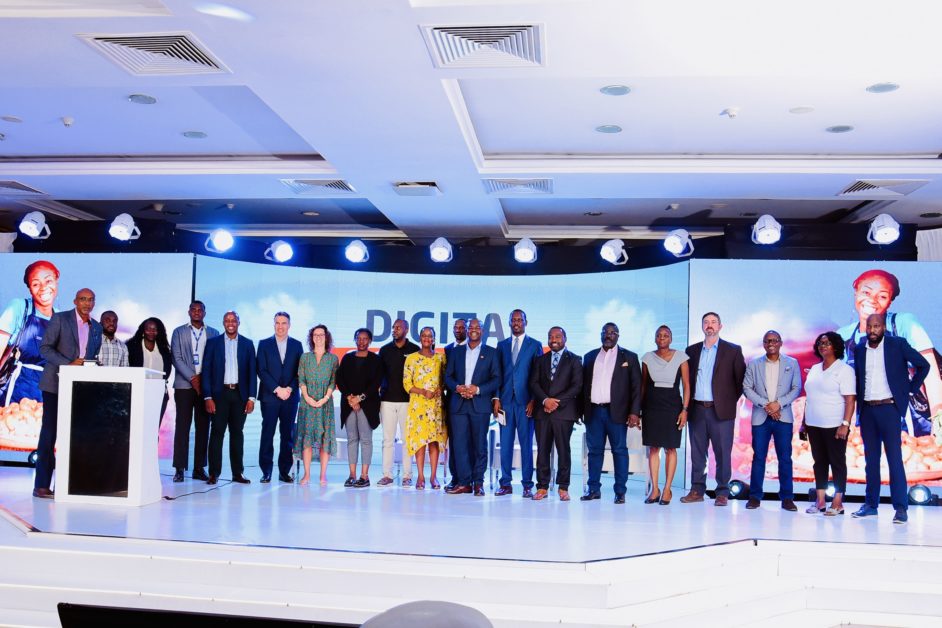
Adrian Bukenya, Country Director, Mastercard Foundation, Uganda, said the digital economy has the potential to provide solutions for increasing the farmers’ access to markets, financial services, inputs, and farming knowledge.
“Although digital entrepreneurs have created several solutions, farmers in rural areas have not accessed them because of poor digital literacy and limited access to the internet and devices. This Program is leveraging shared digital platform services to enable entrepreneurs to scale their solutions to farmers that were previously excluded from the digital economy because of lack of connectivity and devices,” he said.
Mr. Bukenya added that the Digital Economy Program is part of the Mastercard Foundation’s Young Africa Works Strategy, which seeks to enable 3.4 million young people in Uganda to access dignified and fulfilling work by 2030.
Japheth Kawanguzi, Team Lead, Innovation Village, said the Innovation Village would work with different partners to broaden and champion the national digital transformation agenda and accelerate the creation of job opportunities for young people. “Partnerships will be critical if the Program is to meet the diverse needs of communities,” he added.
The Government of Uganda has taken important steps towards creating critical infrastructure, including the National Fibre Optic Backbone, National Data Centre, and enabling policies and Uganda must now double down on accelerating the digital transformation to reap the full benefits of these investments. Uganda is currently rated at about 39 per cent in research and innovation according to the 2021 Inclusive Digital Economy Score Card, implying that the country needs to double its efforts to accelerate digital transformation on these fronts.
The Digital Solutions in a Time of Crisis Report (World Bank, 2021) also highlighted the importance of digital technologies in providing opportunities to unlock new pathways for rapid economic growth, innovation, job creation, and access to services for underserved populations. The report noted that digital solutions have the potential to boost productivity and create better jobs in the private sector, including for informal businesses.
The Program is currently onboarding partners that have existing technology-enabled solutions that include an Android Application, or that have the technical, product and related capabilities in place to deploy such solutions at scale. To make the most of the Partner Program, such solutions have typically already reached at least 20,000 active end users. Interested partners can learn more at https://de.innovationvillage.co.ug.
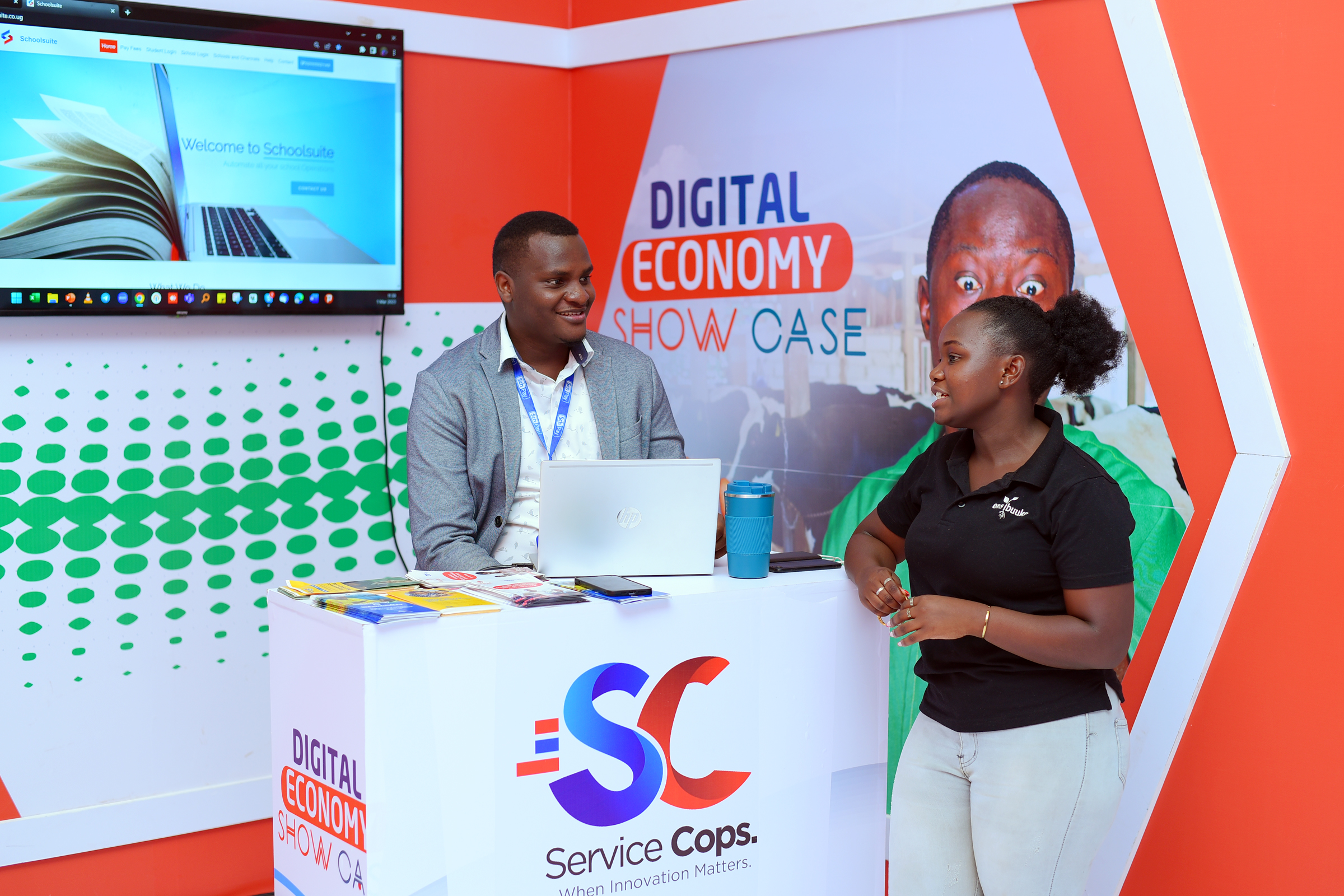
 I&M Select Banking Sapphire Club wins “Best Innovation of the Year” at UMEAS 2025
I&M Select Banking Sapphire Club wins “Best Innovation of the Year” at UMEAS 2025